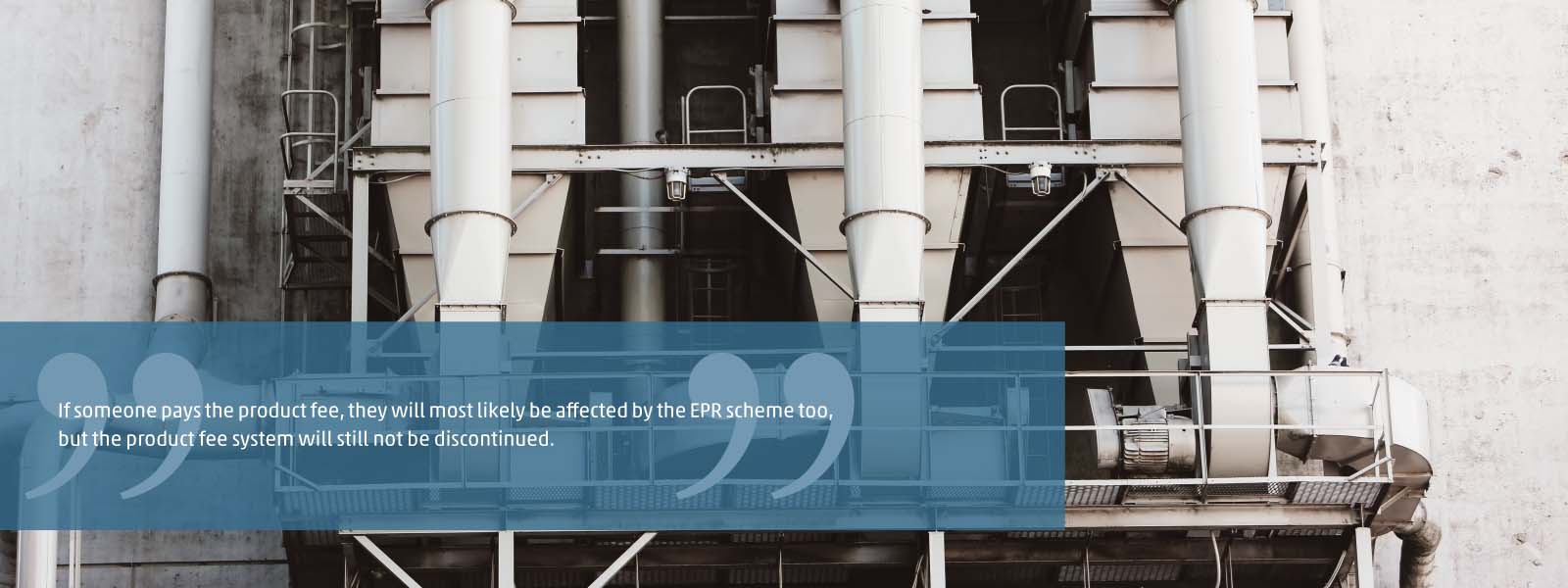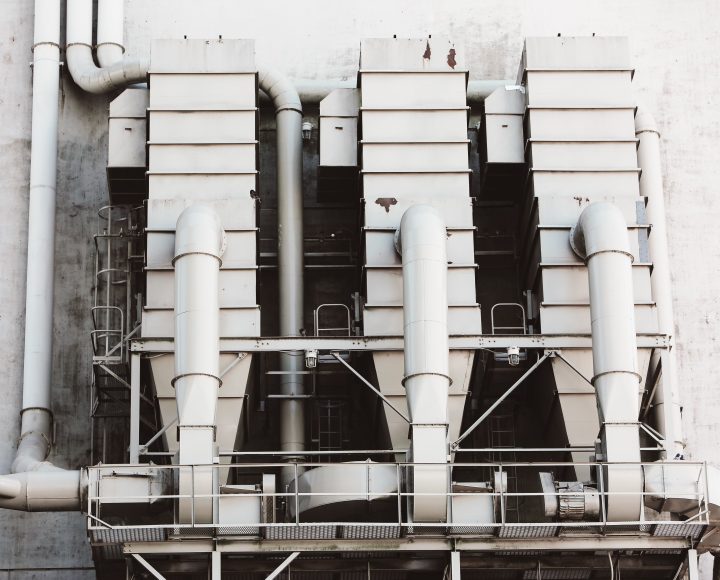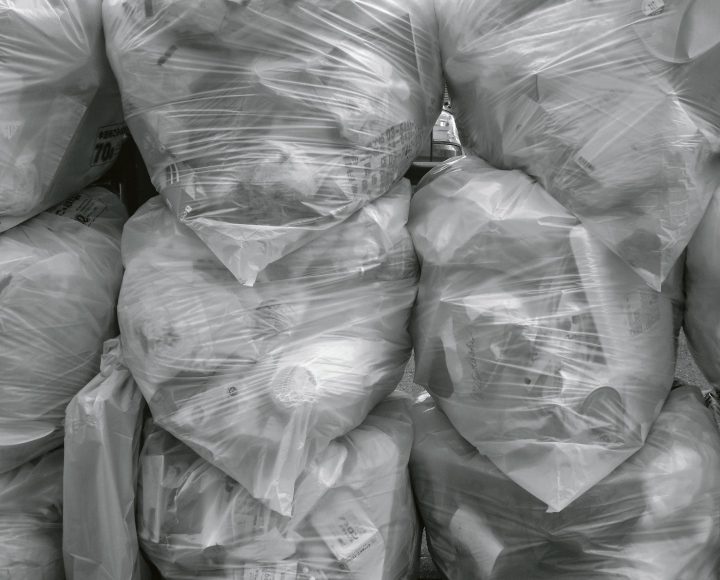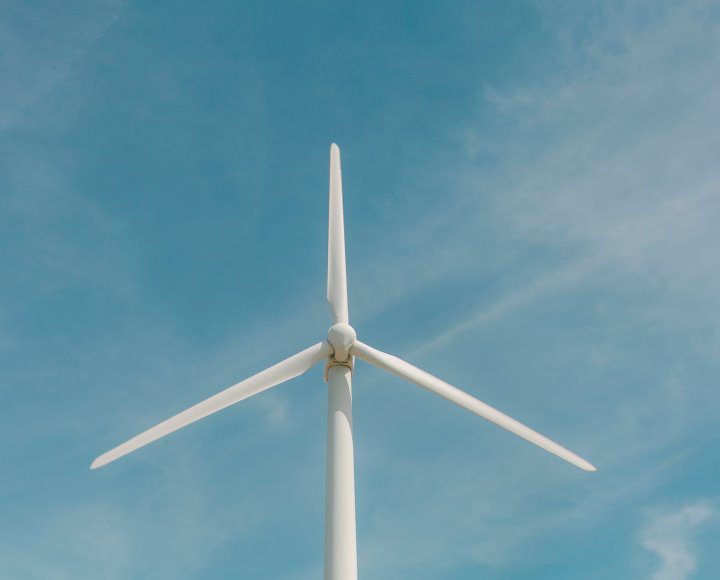The Extended Producer Responsibility, or EPR scheme, will be up and running in Hungary in less than two months. Despite this, however, the rules on the EPR scheme are still not finalised: the draft law amending certain laws related to the circular economy was only made available for public consultation on 28 April. At the same time – as we pointed out earlier – those affected had some administrative obligations to fulfil by 30 April and failure to do so could unfortunately lead to penalties. In addition, the relevant government decree prescribes new tasks for the businesses concerned until 31 May. In addition to what needs to be done, below we also look at the links between the environmental product fee (payable when trading with waste and polluting products) and the EPR fee.
What had to be done by 30 April?
The deadline of 30 April applied to businesses and institutions that produce waste, and collect waste separately. The entities subject to the obligation and opting for collective fulfilment after Government Decree 80/2023 entered into force had to register on the electronic platform operated by the concession company (MOHU MOL Hulladékgazdálkodási Zrt.). These companies were typically already contracted with a service provider, and had transported packaging or other waste from their Hungarian sites. Organisations starting such activities now have 15 days to register. When registering, the necessary information for contracting must be provided on the MOHU website (what waste is generated, how it is collected, where it is collected) in order to be able to sign a contract for waste collection from 1 July. Failure to register can trigger a waste management fine of up to HUF 200,000, so it is worthwhile fulfilling this duty as soon as possible. This is still possible on the MOHU website even after the 30 April deadline.
Double registration required until the end of May!
Registration is required on two different electronic platforms by 31 May:
- As mentioned above, those who qualify as a producer under the EPR scheme must register via the MOHU electronic platform. In the case of products manufactured in Hungary, the producer is the manufacturer of the product. If the product is not manufactured in Hungary, the producer is the company that first places the product on the market in Hungary as part of its business activity. For “new” producers, registration is required before the start of the activity.
- You also need to register on the electronic platform of the National Waste Management Authority (OKIRkapu), which can be done by a person authorised to sign on behalf of the company after logging in through the government portal. The process can also be carried out by an authorised representative with a power of attorney, but in this case, please note that the authorisation process takes time, so it is worth starting now. Data has to be provided to the National Waste Management Authority with a KÜJ number requested via the OKIRkapu (for the first time by 20 October, for the quarter from July until the end of September). The KÜJ number (environmental client number) is the environmental ID for companies, organisations and individuals.
Is the environmental product fee payment system here to stay?
The environmental product fee obligations will remain, but there will be a new environmental product fee calculation formula to work with parallel to the start of the EPR scheme from 1 July 2023.
If someone pays the product fee, they will most likely be affected by the EPR scheme too, but the product fee system will still not be discontinued. This means returns still have to be filed and the environmental product fee still needs to be paid. It is important to be aware of which products are covered by the two schemes. However, applying the product fee calculation method in force from 1 July, when dealing with the same product the EPR fee can be deducted from the amount of the environmental product fee payable.
What do the environmental product fee and the EPR scheme have in common, and where do they differ?
Environmental product fee returns still have to be submitted to the tax authority. For the EPR, however, data must be provided to the National Waste Management Authority (just like the product fee, this mainly relates to the quantity of products subject to the obligation).
As regards fee payments, the two systems are the same in that both fees are calculated based on the weight of the waste or polluting product, and the accounting period is the same, i.e. both fees are payable quarterly. However, the difference is that the product fee is payable by the 20th day of the month following the given quarter, while the EPR fee is payable to the concession company based on an invoice issued by the concession company.
The invoice clauses set out in the EPR scheme have to be indicated on all invoices issued on the placing of circular products on the market, and/or on other documents that verify such placing on the market. Text that is generally used: “The seller is liable for paying the extended producer responsibility fee.” There are invoice clauses in the case of the environmental product fee too, but such do not apply to all invoices and supporting documents, and only in certain cases must information be included.
We have no stock, we do not handle packaging, we do not generate waste. Can we be subject to the scheme?
Many distribution chains in Hungary are set up in such a way that the Hungarian-registered subsidiary only invoices the products to the Hungarian customer as part of a distribution chain, the products do not arrive at the warehouse of the intermediary partner, and the end-customer receives the product directly. In this chain, such a company would be the first domestic distributor and subject to paying the environmental product fee, which is not clear at first sight.
This also shows that – prior to the launch in July – distribution chains need to be reviewed, the product ranges concerned must be identified, and the basis for the two fee payment systems established, in order to avoid paying double the fees.
As the EPR scheme and the obligations it imposes affect a wide range of businesses in Hungary, we recommend that all companies should assess as soon as possible whether or not their activity and their products will make them affected by the new administrative and fee-payment obligation. If you need specialist help with this do not hesitate to contact us.











